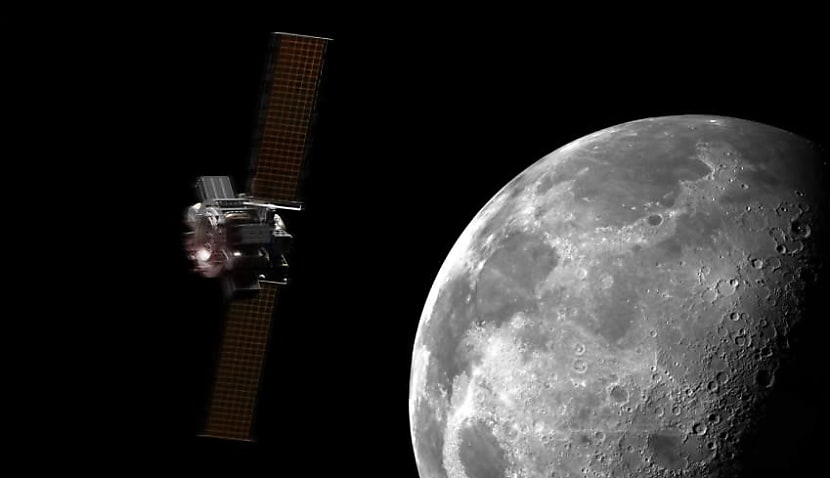
The companies will work together on several civil and defence space projects conducted over the next several years.
Space Machines Company’s manufacturing, service and transport capabilities were the primary reason for the partnership, with Optus hoping to utilise these skills to strengthen the Australian space industry.
Optus, for its part, is Australia’s largest satellite owner and operator, with extensive experience in the industry. With its space-faring history dating back over 35 years and with the launch of the AUSSAT-1, the company is well-versed in the operation of commercial communications satellites.
Currently, Optus has five active satellites operating within its fleet to service customers across Australia. The most recent satellite, Optus-10, was launched in September 2014 from French Guiana and provides services in the Ku-band of frequencies.
The company provides communications services from its satellites to both Australian and New Zealand governments, media broadcasters, and even research stations in the McMurdo Sound region in Antarctica.
While Optus is primarily involved in the communications sector rather than the space sector at large, there is obviously a significant overlap in activities. Optus has signalled a desire to foster growth within the Australian space industry, with Ben White, managing director of wholesale, satellite and strategy at Optus extolling the virtues of the country’s space industry.
“Optus is committed to supporting the growth of the Australian space industry and increasing awareness of our country’s technology and space capabilities. Together, Optus and Space Machines Company will provide the Australian public and private sector with an option to not only operate satellites from Australia, but now build them within our own borders,” he said.
Space Machines Company is an Australian company based at space industry hub Lot Fourteen in South Australia, with a manufacturing facility in Botany, NSW and a research and development headquarters in Bangalore, India.
The company provides transport and logistics services to get satellites into space more efficiently, as well as facilitating better mobility of satellites once in space. They recently announced that their Optimus orbital transfer vehicle would travel to space on a SpaceX rideshare rocket next year.
CEO and co-founder of SMC, Rajat Kulshrestha spoke about the partnership with Optus.
“We are excited to be working with the leading satellite owner and operator in Australia and look forward to supporting Optus through this partnership. In-space logistics and orbital services are the new drivers in space innovation. We want to see Australia not only have this sovereign capability, but to be a leader in the technology and services being deployed,” he said.

Liam McAneny
Liam McAneny is a journalist who has written and edited for his University International Relations journal. He graduated with a Bachelor of Arts (International Relations) and Bachelor of Laws from the University of Wollongong in 2021. He joined Momentum Media in 2022 and currently writes for SpaceConnect and Australian Aviation. Liam has a keen interest in geopolitics and international relations as well as astronomy.
Send Liam an email at: [email protected]
Receive the latest developments and updates on Australia’s space industry direct to your inbox. Subscribe today to Space Connect here.









